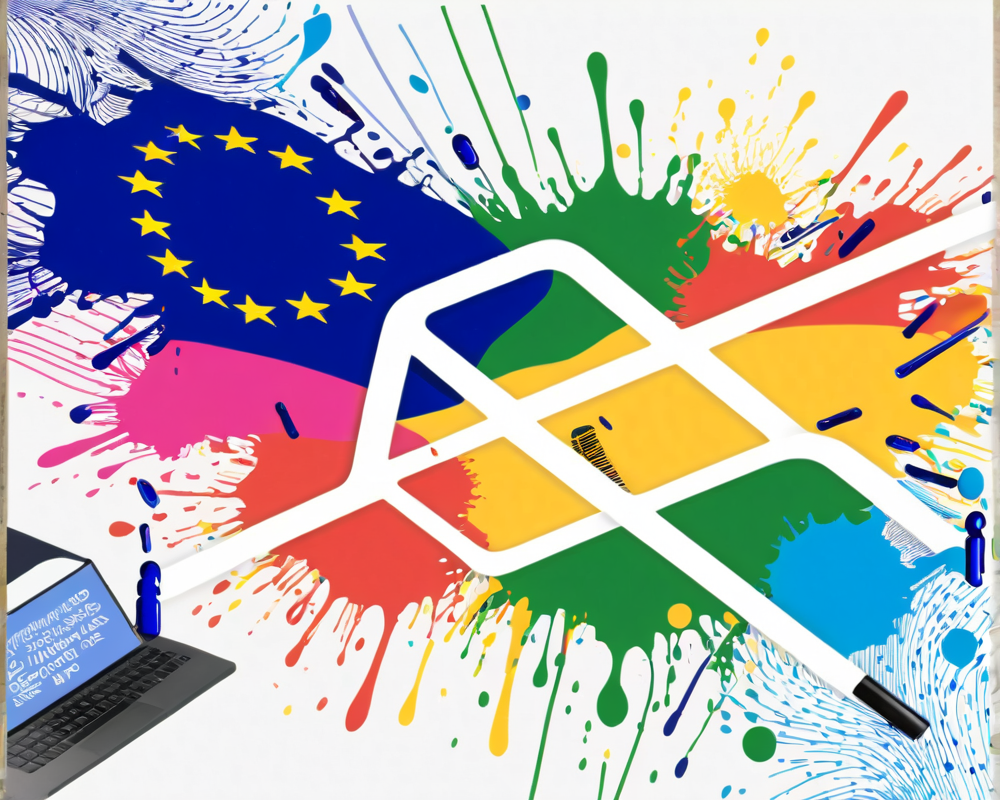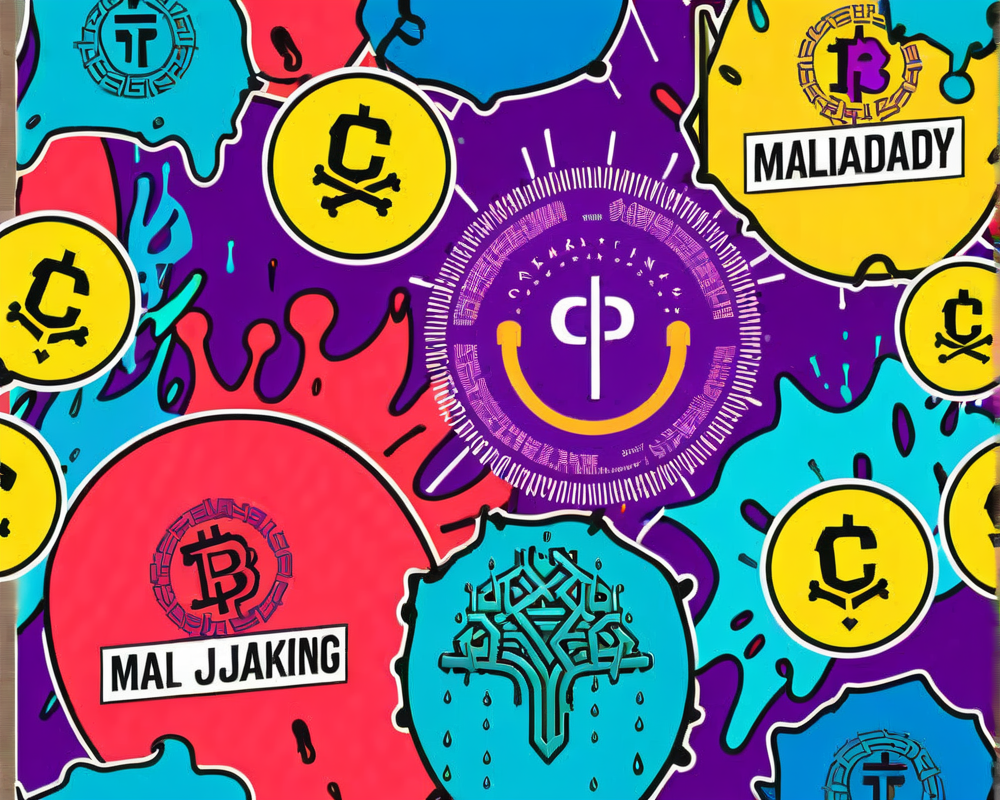AI Regulation on the Fast Track
In a significant move, lawmakers in the European Union have propelled legislation concerning artificial intelligence (AI) into the next phase. Following a decisive vote on May 11 by Members of the European Parliament (MEPs), key restrictions such as banning facial recognition in public spaces and limiting predictive policing tools were cemented in the future AI Act.
Banning Controversial Technologies
The European Parliament’s vote is not just a rubber stamp; it reflects a growing awareness of the ethical ramifications of AI. By voting to prohibit facial recognition and predictive policing, MEPs are tackling what many see as overreaching invasions of privacy. As MEP Kim van Sparrentak aptly noted, this legislative action is a “milestone” in safeguarding fundamental rights.
New Transparency Measures
But wait, there’s more! The proposed legislation also introduces transparency measures that will be applied to generative AI tools. The classification system will rank AI tools by their risk levels, ranging from low-risk applications (think your quirky chatbot friend) to those deemed unacceptable. The aim? To ensure that AI serves humanity rather than the other way around.
Europe’s Role in the Global AI Conversation
The AI Act, which has been in discussion for two years, is set to become one of the first major international efforts to regulate AI’s growth and application. As the EU gears up for more discussions with the European Commission and member states, they’re not in isolation. Countries like the United Kingdom, the United States, and China are all devising their own regulatory frameworks to keep pace with the AI revolution.
The Broader Context of AI Evolution
As we speak, AI’s footprint in our daily lives is expanding like a teenager’s appetite. Just this month, at the Google I/O conference, new AI features were unveiled, marking a substantial increase in AI tool availability. Even fast-food chains are hopping on the bandwagon, employing AI chatbots as drive-thru operators, probably while hoping they won’t forget your ketchup. The race to effectively manage this technology is on, and the outcome could set a precedent for responsible AI use worldwide.




